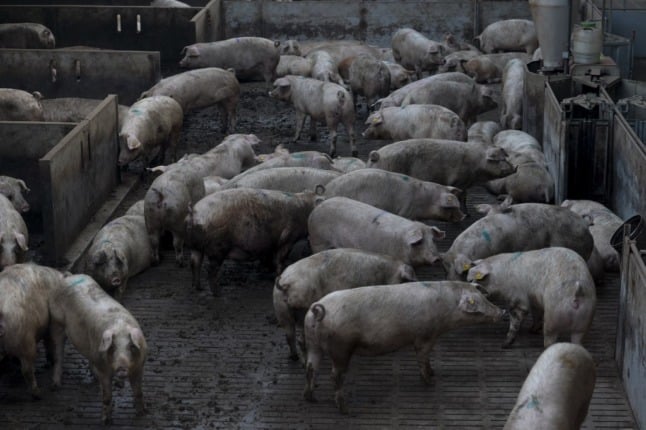Toxic blue-green algae, which thrive at higher temperatures, have created problems at waterworks in Sweden, with water purifiers at risk of failing to filter out toxic substances where there are large accumulations of cyanobacteria, P4 Östergötland reports.
Around half of all drinking water in Sweden is sourced from rivers and lakes, according to the National Food Administration (Livsmedelsverket). Municipal treatment works that extract water from these bodies are in need of better equipment to effectively filter toxic algae and analyse samples, according to the report.
“If the algae bloom is very large, waterworks may not be able to filter out all of the toxic substances, which may then end up in drinking water,” National Food Administration chemist Caroline Dirks told P4.
Dirks stressed that levels of toxic substances in drinking water related to the algae have not exceeded permitted safety limits, despite the challenges currently faced by filtration equipment.
Climate change will cause the problem to become more serious in future, Dirks added.
“We have also seen this in other countries, that the problem is getting worse, and that is related to climate change,” she told P4.
Drinking water containing excessive amounts of cyanobacteria can cause can cause stomach problems and liver damage, according to the National Food Administration.
READ ALSO: The impact of Sweden's summer heatwave is visible from space



 Please whitelist us to continue reading.
Please whitelist us to continue reading.
Member comments